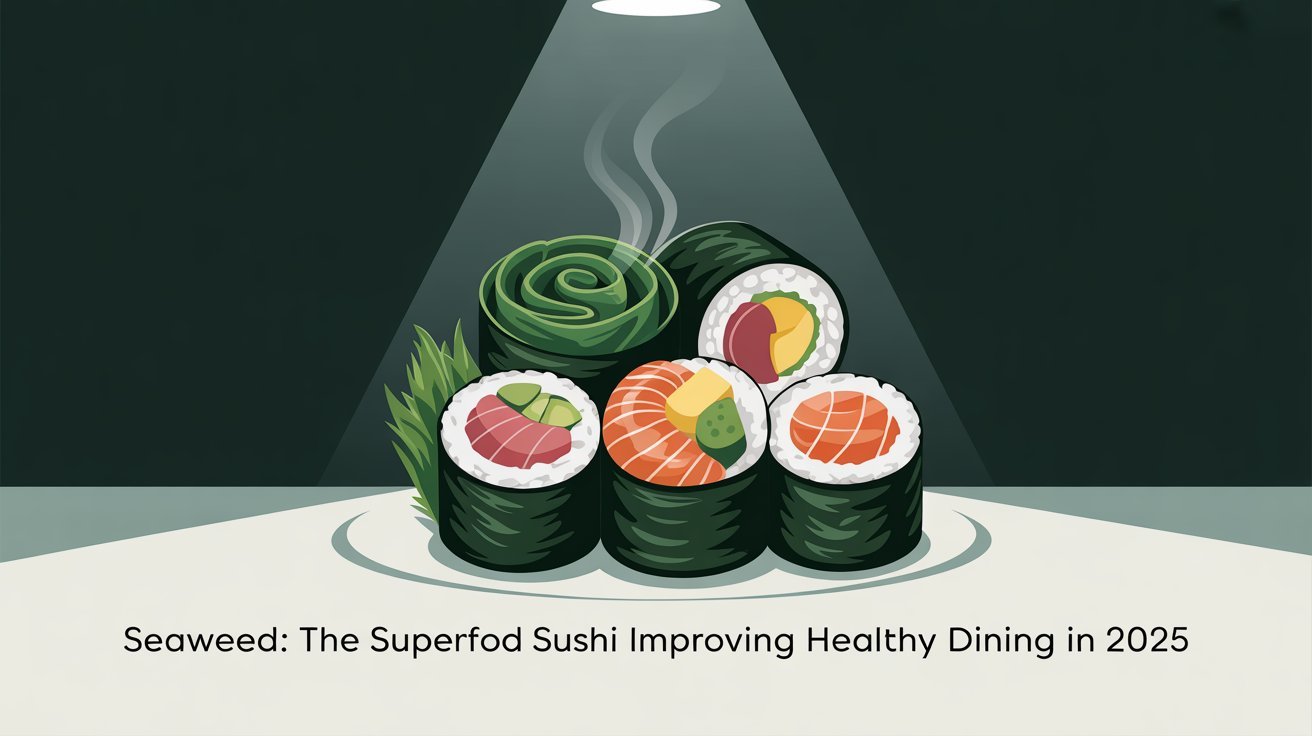Introduction
Food sciences and technology offer an exciting deep dive into the science behind what we eat every day. From the chemistry of flavor to the biology of nutrition, this multidisciplinary field connects scientific knowledge with real-life food experiences. By combining insights from biology, chemistry, microbiology, and engineering, food science helps improve food safety, enhance taste, boost nutrition, and develop innovative food products. Whether you’re curious about how food is processed or how it affects your health, food science plays a vital role in shaping the way we grow, cook, and consume food in today’s world.

Food Science: A Multidisciplinary Approach
The field of food science encompasses a wide range of scientific disciplines, including chemistry, biology, microbiology, engineering, and other related fields. This interdisciplinary field aims to address basic inquiries pertaining to the everyday use of food by integrating many scientific disciplines.
Why food is important in our lives
Food has a multifaceted role in society, extending beyond just survival. It functions as a fundamental element of cultural identity, providing nourishment, and offering pleasure. The impact of gastronomy extends significantly in several aspects of our life, including both familial customs and broader global culinary patterns.
Food Science Behind What We Eat
In order to have a comprehensive understanding of food, it is necessary to dive into its composition and chemistry. This investigation unveils the molecular complexities that contribute to the sensory attributes, physical properties, and nutritional composition.
Food isn’t just something we eat to stay alive; it’s also a part of our culture, good for us, and fun to eat. It has a big impact on our lives, from family customs to food trends around the world.
Farm to Fork Process in Food Supply Chain
The food production chain, sometimes referred to as “from farm to fork,” encompasses the several stages involved in bringing food from its origin on the farm to the consumer’s plate. This process involves a series of interconnected activities, including cultivation, harvesting, processing, packaging, transportation, distribution, and consumption. Each stage plays.
The transportation of food from agricultural production to consumption is a multifaceted and intricate procedure. A comprehensive comprehension of this supply chain is crucial in guaranteeing the preservation of food safety, quality, and sustainability.
Food Science Technology and Its Role
Technological advancements persistently influence the domain of food science. Technology has a significant part in developing the contemporary food scene, including several aspects such as modern agricultural practices and enhanced food processing systems.
Impacts on Nutrition and Health
The consumption of food extends beyond mere gustatory pleasure, as it serves the fundamental purpose of providing essential nourishment to our physical well-being. Food scientists conduct research to examine the nutritional composition of various food items and assess their potential effects on human health.
Food safety: a top priority
The prioritization of food safety is of utmost importance. Food scientists and technologists diligently strive to minimize the potential hazards linked to infections, pollutants, and allergies.
Review of Quality and Sensory Analysis
The sensory perception of food plays a crucial role in our overall satisfaction. Quality control procedures and sensory analysis techniques play a crucial role in maintaining the uniformity and superior quality of food items.
Sustainability in the fields of food science and technology
In a time when worries about the world are growing, the idea of longevity becomes very important. Food science and technology are very important in solving these problems because they work to cut down on waste and lessen the damage that the food business does to the environment.
The Art and Science of Making New Food Products
The process of developing novel food items and improving pre-existing ones may be seen as a type of artistic expression that is informed by scientific concepts. Food scientists cooperate with professional chefs and food industry enterprises to develop and create novel culinary advancements.
Problems and Chances in Food Science and Technology
The discipline of food sciences and technology encounters a multitude of obstacles, including the need of guaranteeing worldwide food security as well as tackling ethical and environmental concerns. However, it also presents significant prospects for innovation and enhancement in the realm of sustenance for both humanity and the Earth.
In conclusion, it can be said that the promotion of nourishing both the mind and body is of utmost importance.
As we begin to look into the field of food science and technology, we come across a huge number of possibilities and ideas that not only make us hungry but also benefit our mental and physical health. Combining science ideas with artistic work, this field tries to change our eating habits, living choices, and how we connect with each other and our surroundings.












